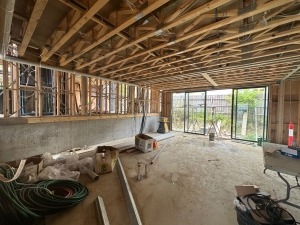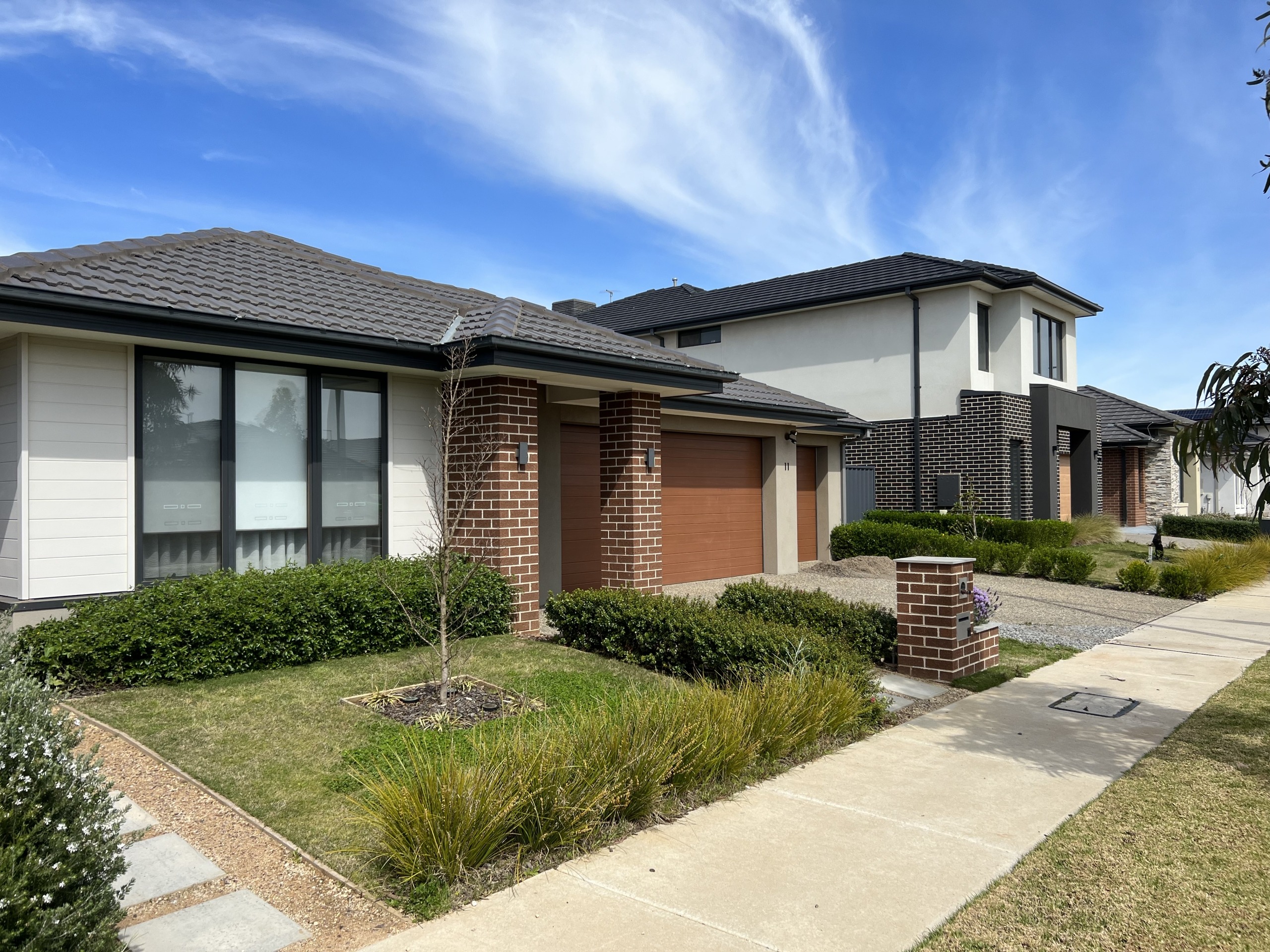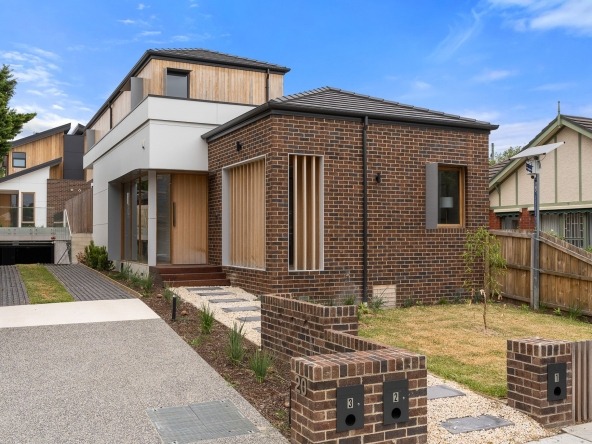What to know when buying property in a Self Managed Super Fund (SMSF). It’s such an exciting prospect to be able to consolidate your superannuation into a SMSF with the aim of buying an investment property.
For new investors, this can be a great way to experience the process of investing with little impact on your personal circumstances, subject to you receiving regular super contributions. For experienced investors, its a great way to diversify your property portfolio. Here we discuss what you should be aware of before beginning the process of buying a property in a SMSF. Please note, superannuation and SMSFs are complex and should be discussed with a financial planner. They can address your circumstances and review what’s right for you.
At Crest Property Investments, we are not licensed financial planners so please seek advice before implementing this strategy. The purpose of this article is to provide some general knowledge to an exciting and trending strategy where many Australians are buying property in a SMSF.
You can’t occupy a property owned by your SMSF:
Many people initially here the news they can start buying a property in a SMSF and think they will buy somewhere great to live in. Unfortunately this doesn’t pass the superannuation ruling of the sole purpose test. You are unable to occupy the home in any way. It must be seen and treated as a traditional investment property.
Further to this point, once you reach retirement, you are still unable to occupy the home in the future. You also can’t lease the property to a related party. To meet the sole purpose test of saving for your retirement, you are not able to lease the property to a related party (or person). Examples of a related party are cousins, brother, sister or uncles to name a few. You must aim to advertise the property for lease with the focus of generating a rental income. All of your SMSF investments must be for the sole purpose of saving for retirement, so you can’t buy a property and then use it for personal purposes.
You can not own the property in a SMSF for the use of a holiday home:
This also breaches the same ruling of the sole purpose test. You cannot use a property in a SMSF to enjoy as a holiday home. You are also not able to lease it partially through the year and occupy it for a holiday. Many have considered the idea of renting it through Airbnb so they have the flexibility to enjoy the home at different times of the year. This is not allowed.
As highlighted in the above point, your SMSF investments must be for the sole purpose of saving for retirement, so you can’t buy a property and then use it for personal purposes.
Can I build a house?
Unfortunately no. A qualified builder can probably see the added value of building a home without the labouring costs, but the property must be bought either off the plan or established. This may be frustrating to builders, but the super fund cannot involve itself in a business like transaction of constructing a home. In saying this, you can buy a property that is under construction.

Can I redevelop a home or subdivide the property?
Unfortunately you cannot. Similar to building a house, the super fund cannot involve itself in a business like transaction of constructing a home or subdividing the property. You can upgrade and repair the property, but you can’t make structural changes to the home. For example, you can convert a carport into a garage or add a bedroom to the home. Experienced investors may capitalise on subdividing a property, but this is not permitted within the superannuation environment.
You can borrow funds to buy a property:
Many SMSF trustees have a sizeable accumulative account balance, but they can leverage their superannuation benefits by borrowings additional money from a lender. A SMSF home loan can be a little higher than a traditional home loan while the SMSF will require a holding trust (also known as a bare trust) to proceed with this strategy. The amount you can borrow will differ among trustees, but in general terms, you may have the option to borrow up to 80% of the property’s value.
What to do next?
In the year of 2023, sensible and strategic planning will see you find some great investment value in the property market. Seeking professional advice is the key to your success. If you have developed adequate equity, this may be an incredible opportunity to enhance your wealth and taking the next step to reaching a successful retirement.
If you’d like to learn more about buying an investment property, please don’t hesitate to contact us. We would welcome the opportunity to help with your property purchase.
Our YouTube channel and Market Insights also provide a wealth of information to assist you with many areas relating to property.
While we have taken care to ensure the information above is true and correct at the time of publication, changes in circumstances and legislation after the displayed date may impact the accuracy of this article. If you want to learn more, please contact us. We welcome the opportunity to assist you.
February 2023





